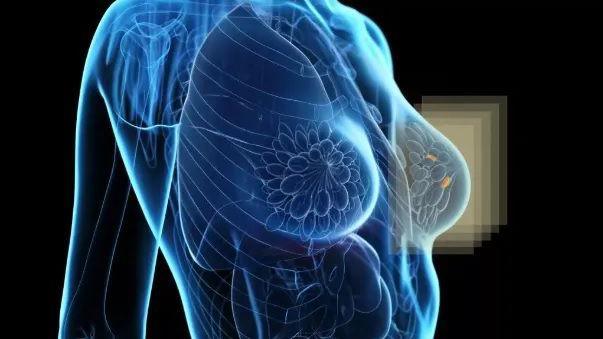'Running helped me after breast cancer treatment'
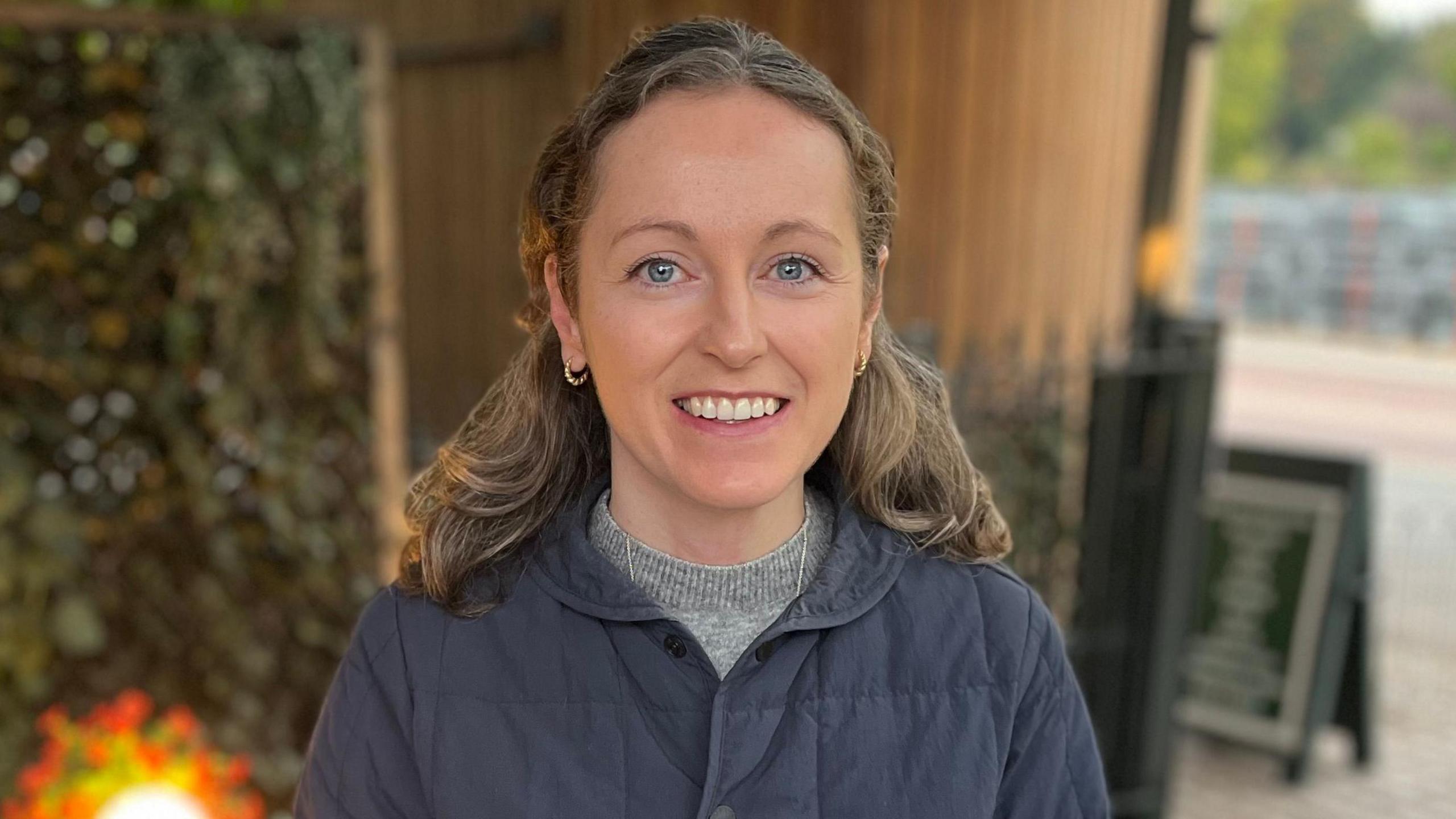
Moira Jordan underwent a double mastectomy aged 29
- Published
"I want every young person to know how to spot when something isn't right", says Moira Jordan, who underwent a double mastectomy aged 29.
Ms Jordan, now 32, was diagnosed with triple positive breast cancer in March 2023 after feeling a thickening in the outer edge of one of her breasts.
The secondary school teacher from south-east London ran the Royal Parks Half Marathon on Sunday to raise funds for CoppaFeel, the UK's only youth-focused breast cancer charity.
"I believe schools have a vital role to play in teaching young people what's normal for their bodies – both physically and mentally – so they feel confident recognising changes," she said.
Ms Jordan's cancer diagnosis came seven years after she discovered she carried the BRCA gene - which brings a higher risk of breast and ovarian cancer.
In 2015, her mother was diagnosed with ovarian cancer following a BRCA genetic mutation.
Ms Jordan said she had planned to have preventative surgery after she turned 30, but "cancer caught up with her sooner than expected".
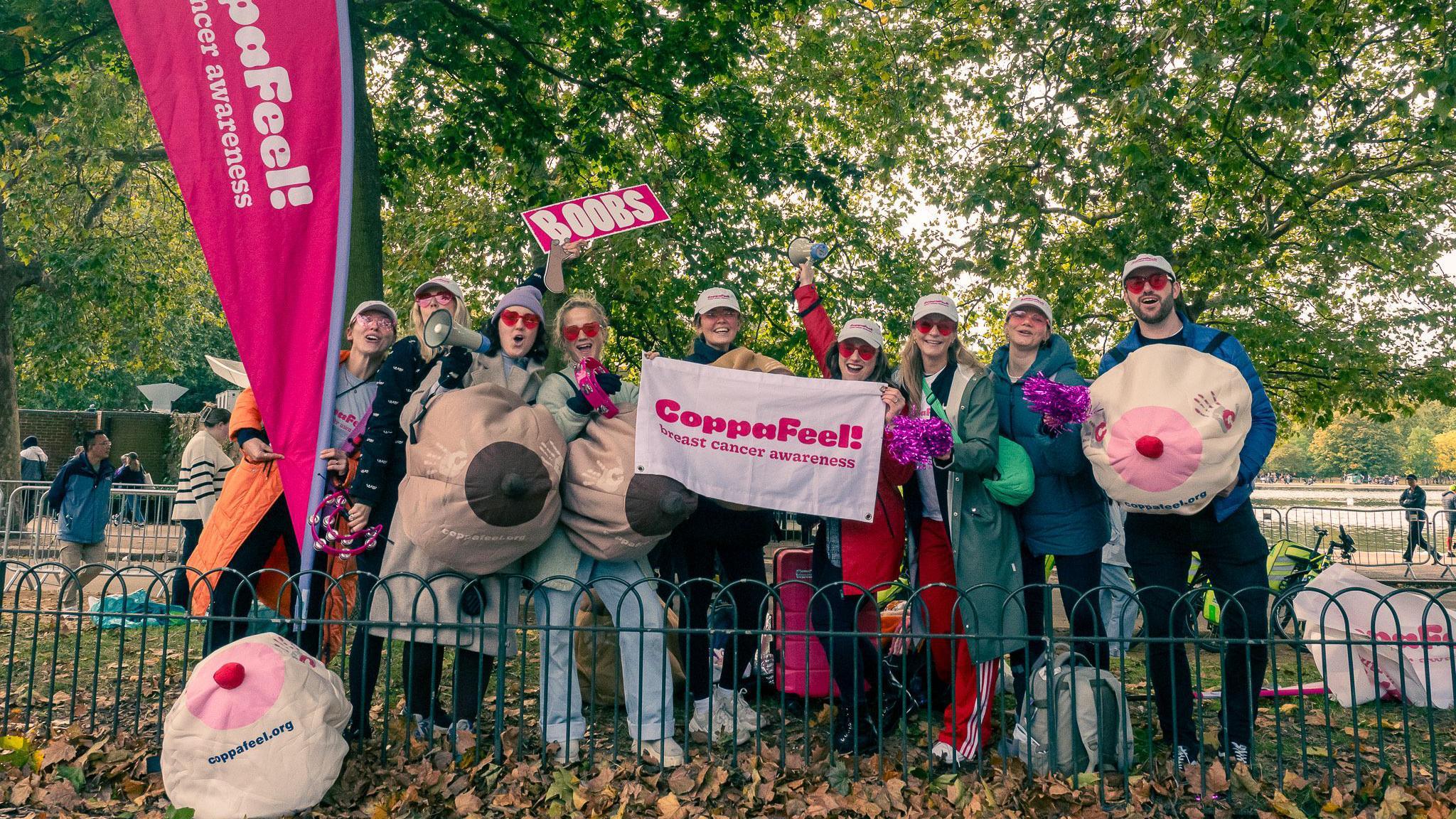
Teacher Ms Jordan chose to fundraise for CoppaFeel, which educates young people about the risk of breast cancer
After the diagnosis, she underwent fertility treatment, followed by eight rounds of chemotherapy, a double mastectomy and reconstruction, and 15 rounds of radiotherapy.
The following year, she underwent a further 14 rounds of chemotherapy and was placed in a medical menopause.
"It was the hardest thing I have ever gone through, without a doubt," she said.
"I felt very low - most people my age were travelling, making memories, and starting their own families, while I was going through this."
'Reclaim my independence'
After nearly two years of constant hospital visits, Ms Jordan began rebuilding her physical and mental strength through a physiotherapy programme at Guy's Hospital.
"The team helped me regain my confidence and encouraged me to set goals that I could work towards over the coming months," she said.
"I began running again, and it helped me reclaim my independence and gave me back a sense of achievement that cancer temporarily took away."
Ms Jordan said she would look at the race on Sunday as a "bookmark" in that chapter of her life.
She ran alongside 16,000 people for the Royal Parks Half Marathon.
"One of the most important things CoppaFeel has achieved is making chest-checking education part of the national curriculum for older students," she said.
"This race marks just over two years since my surgery - a point in time when I never believed I'd be capable of doing any kind of intensive exercise again.
"Spending so much time in hospitals in recent years meant I became quite reliant on others and totally lost both my independence and confidence - this is my chance to rebuild everything I lost."
Becca-Jayne Schofield, from CoppaFeel, said: "It's absolutely essential that young people become aware of the risk of breast cancer.
"Every year, around 2,400 women under 49 in the UK are diagnosed with breast cancer. And for young people there is currently no routine screening programme offered by the NHS.
"So getting them into the habit of checking their chest and feeling confident to visit the GP if they spot something unusual is so important."
Listen to the best of BBC Radio London on Sounds and follow BBC London on Facebook, external, X, external and Instagram, external. Send your story ideas to hello.bbclondon@bbc.co.uk, external
Related topics
- Published15 July
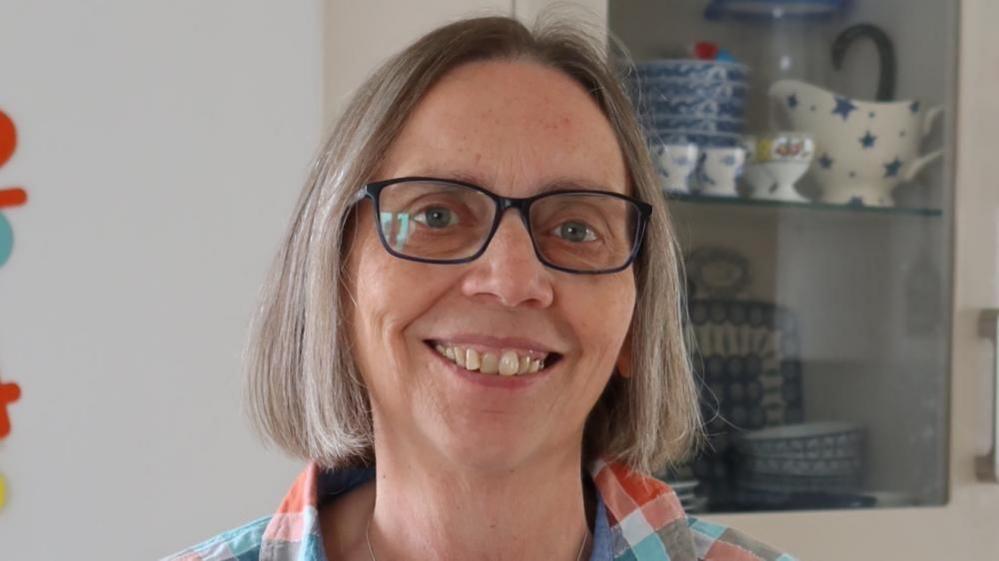
- Published28 August
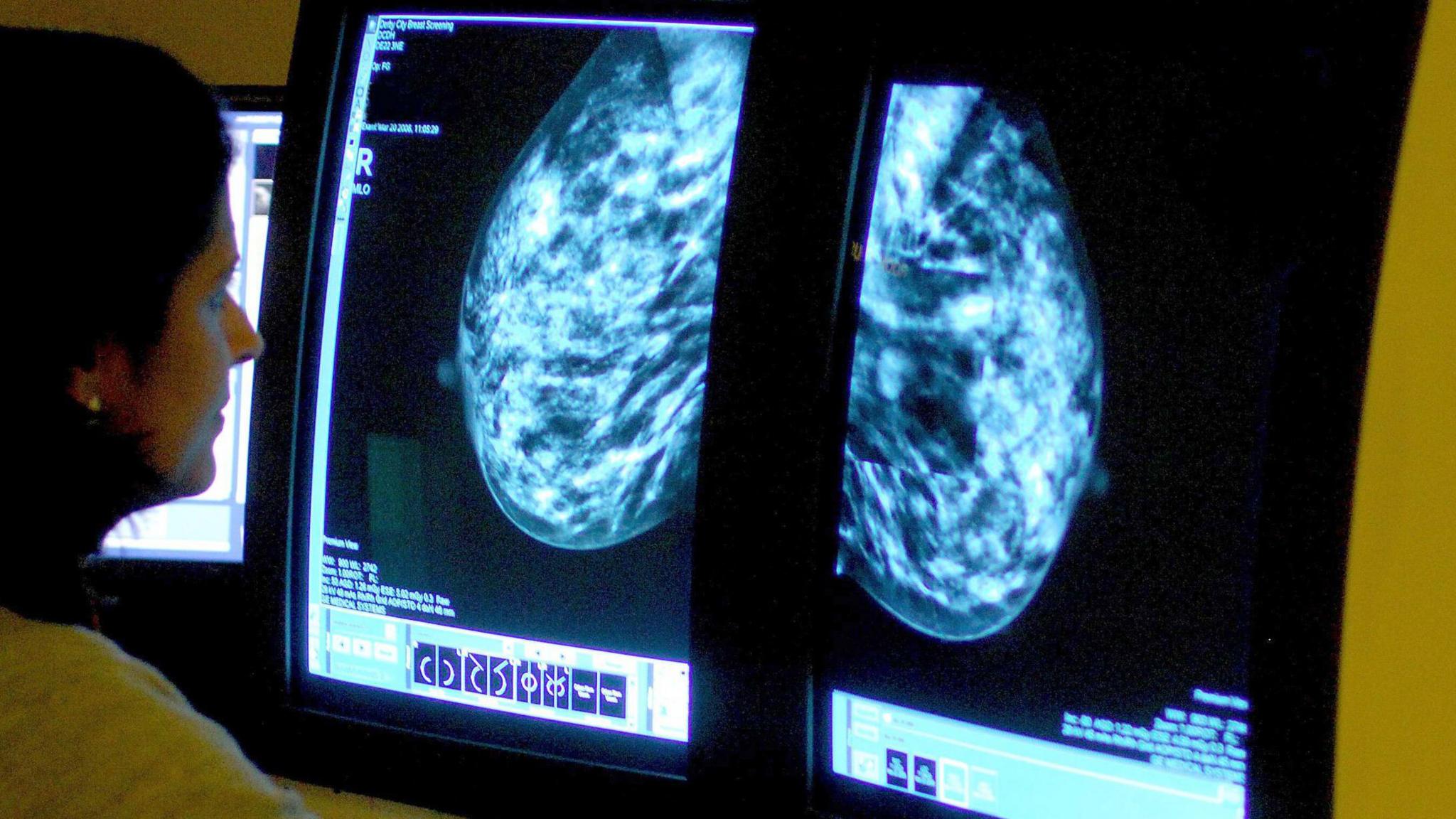
- Published14 May
